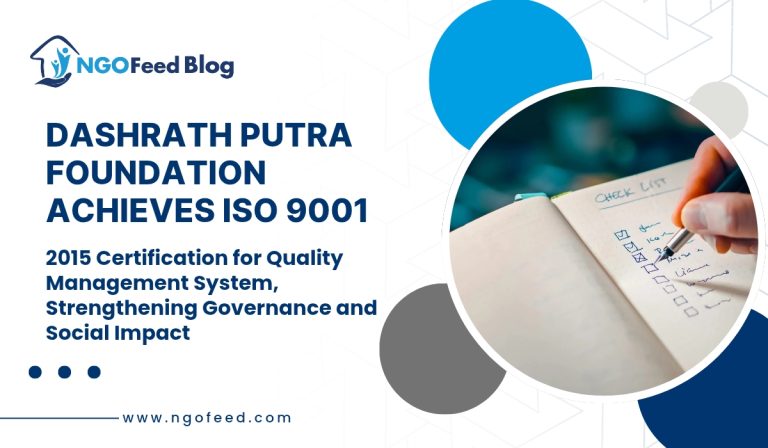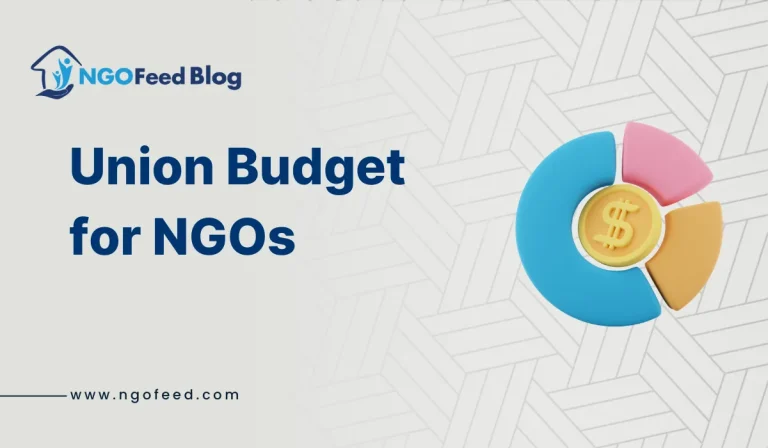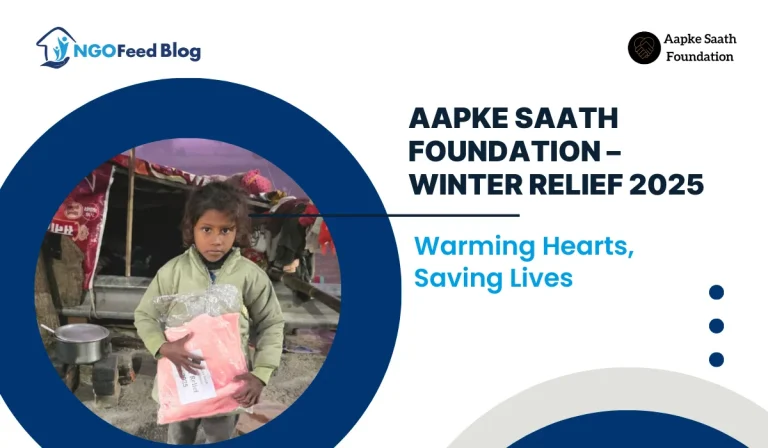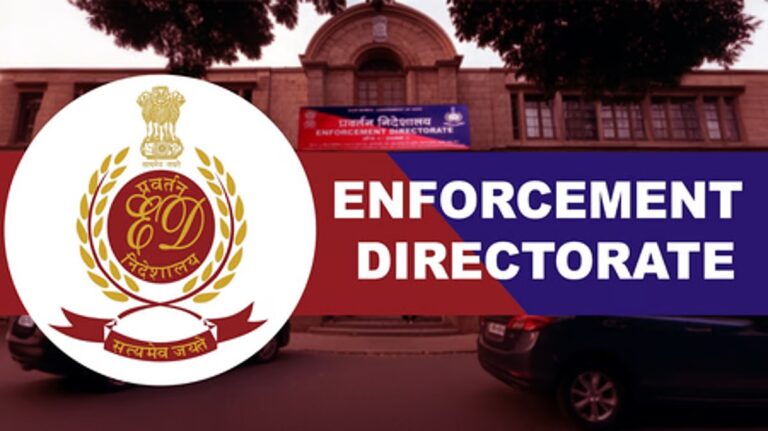Transparency and accountability lie at the heart of every healthy democracy. In India, the Right to Information (RTI) Act, 2005 has empowered millions of citizens to demand information from public authorities and expose corruption or inefficiency. However, this fundamental right is now facing a serious bottleneck.
The Central Information Commission (CIC), the highest authority under the RTI Act is struggling under a mountain of pending cases. According to recent reports, there are nearly 30,000 appeals and complaints awaiting disposal.
In a significant move, Satark Nagrik Sangathan (SNS), a Delhi-based NGO that monitors transparency and accountability in governance, has written to Prime Minister Narendra Modi and the Leader of Opposition (LoP) urging them to urgently fill the vacant posts in the CIC and state information commissions.
What is the issue?
Under the RTI Act, citizens can appeal to information commissions if public authorities deny or delay access to information. These commissions, both at central and state levels are supposed to ensure timely justice and transparency.
However, the SNS letter revealed a troubling situation:
- The CIC currently has nine vacancies, including that of the Chief Information Commissioner and eight Information Commissioners.
- As a result, the backlog of appeals and complaints has crossed 30,000.
- At the state level, two commissions are completely defunct, three have no chief and 18 have waiting lists longer than a year.
This means thousands of RTI applicants including NGOs, activists and citizens are waiting indefinitely for their cases to be heard.
Why It Matters?
The RTI Act is one of India’s most powerful tools for citizen empowerment. When commissions fail to function effectively, it directly weakens public trust and the accountability of government institutions.
For NGOs, especially those involved in advocacy, governance reforms and welfare monitoring, the impact is immediate and far-reaching:
- Delayed access to information hinders project implementation and research.
- Weak oversight allows inefficiency and corruption to go unchecked.
- Reduced citizen engagement erodes the democratic spirit that the RTI Act was meant to strengthen.
Transparency experts point out that the failure to fill these vacancies doesn’t just delay justice, it denies it. Every day of delay means one more citizen losing hope in the system meant to protect their rights.
Challenges Highlighted by Satark Nagrik Sangathan
In its detailed communication to the government, SNS raised multiple concerns about both the functioning and the appointment process of the information commissions:
- Vacant Posts
- Nine posts, including the Chief Information Commissioner, have been vacant since November 2023.
- These vacancies have drastically reduced the commission’s capacity to handle pending appeals.
- Opaque Appointments
- SNS noted that the government has not disclosed the names of applicants, shortlisted candidates or selection criteria for these high-level appointments.
- In a previous instance (November 2020), an individual who had not even applied was appointed, raising questions about procedural fairness.
- Ignoring Supreme Court Orders
- On 7 January 2025, the Supreme Court directed the central and state governments to fill all vacancies promptly, disclose search committee members and ensure transparency in appointments.
- According to SNS, these directions are yet to be fully implemented.
- Defunct State Commissions
- Two states have non-functional commissions, while several others are operating without a chief, making them practically ineffective.
These lapses undermine the credibility of the RTI framework, one of the most successful citizen-driven reforms in independent India.
How does the System work?
The Central Information Commission (CIC) and the State Information Commissions (SICs) were established to uphold citizen’s right to information.
- Composition: The CIC is headed by a Chief Information Commissioner and can have up to ten Information Commissioners. The same structure applies at the state level.
- Appointment: Members are selected by a committee comprising the Prime Minister, Leader of Opposition and a Cabinet Minister.
- Function: They hear appeals from citizens when public authorities refuse or delay providing information and they can also impose penalties for non-compliance.
However, without full staffing, even a well-designed system fails to deliver justice. The pending cases continue to pile up, creating frustration and weakening faith in transparency mechanisms.
Role of NGOs in Strengthening Transparency
NGOs like Satark Nagrik Sangathan are instrumental in keeping India’s democracy vibrant and accountable. Their consistent monitoring, research and advocacy ensure that RTI rights remain alive in practice not just on paper.
Key contributions of NGOs in this space include:
- Advocacy and awareness: Educating citizens about how to file RTI requests and follow up with appeals.
- Monitoring governance: Using RTI data to expose corruption, misuse of funds or policy failures.
- Campaigning for reforms: Calling for transparent appointments, digitization of processes and accountability in public offices.
- Legal action: Many NGOs support public interest litigations that push governments to comply with RTI mandates.
In this case, SNS’s proactive step of writing directly to top leaders demonstrates how NGOs act as watchdogs of democracy.
Expert Insights and Recommendations
Governance and transparency experts believe that addressing this crisis requires both administrative efficiency and political will. Key recommendations include:
- Filling vacancies immediately to reduce the backlog and restore public faith.
- Making the appointment process transparent, including publishing the list of applicants and selection criteria.
- Digitizing appeals and hearings to speed up case resolution and improve accessibility for citizens.
- Regular performance audits of commissions to track efficiency and accountability.
- Allocating more resources to strengthen staff capacity and digital infrastructure.
These steps would not only benefit NGOs and activists but also enhance citizen participation in governance, the core purpose of the RTI Act.
Conclusion
The increasing backlog under India’s information commissions is not simply a bureaucratic impediment, it is a concern for democracy. When people send forth thousands of RTI appeals and there are numerous vacant positions, the value of transparency dissipates.
Satark Nagrik Sangathan’s appeal serves as a wakeup call for decision-makers to shore up the integrity and functioning of the RTI process.
In the case of India’s civil society, it signals the need for shared advocacy. The government, the media and NGOs must partner to evaluate and protect a citizen’s right to know, a right that is the bedrock of every democratic society.
As NGOFeed affirms, if we are to improve democracy, we must ensure that we empower, educate and connect NGOs. Ensuring the RTI system works well is among the most important things we can do.
FAQ
Q1: Which NGO raised this issue?
Satark Nagrik Sangathan (SNS), a Delhi-based NGO promoting transparency and accountability in governance.
Q2: What is the main concern?
The Central Information Commission faces nearly 30,000 pending appeals due to nine vacant posts, including the Chief Information Commissioner.
Q3: What did the Supreme Court direct?
In January 2025, the Court ordered central and state governments to fill all vacancies promptly and ensure transparency in the appointment process.
Q4: How does this affect NGOs and citizens?
Delays in RTI appeals limit access to critical information, affecting NGOs’ advocacy, research and monitoring work and discouraging citizens from using the RTI Act.
Q5: What solutions are recommended?
Immediate appointments, digital case management, performance audits and transparent selection processes are key to restoring the RTI system’s credibility.









